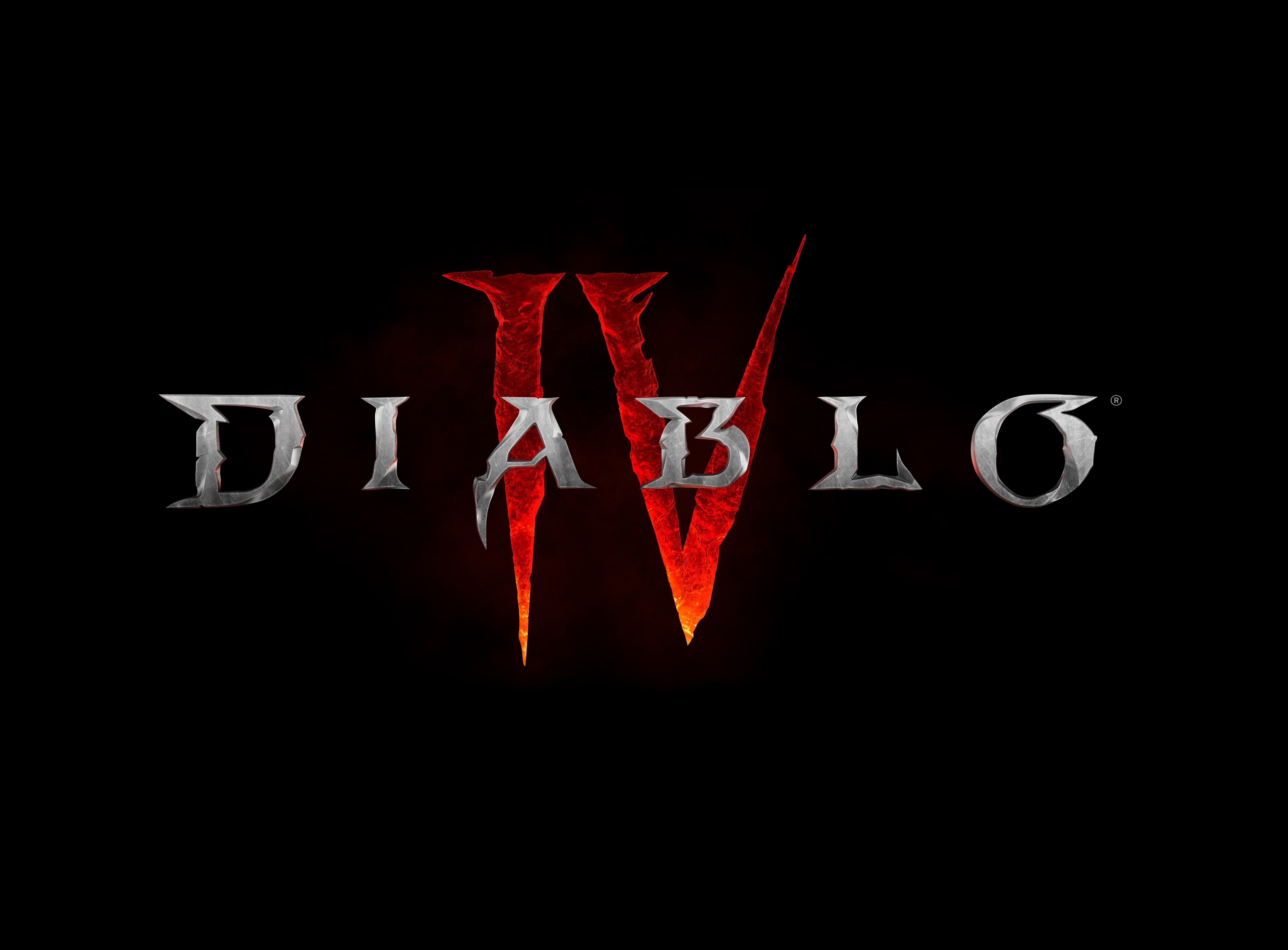

Lol I had to read all the way through your post to understand that the screenshot above was not a connection of names from Diablo IV formatted in a retro font for some reason.


Lol I had to read all the way through your post to understand that the screenshot above was not a connection of names from Diablo IV formatted in a retro font for some reason.
It would be unnecessary if Lemmy’s web UI was actually reasonable. As it is, every single time I open the app, I have to log in again, then refresh the page to see anything at all. The news feed is paginated rather than endless scroll. When I press the back button on a comment thread, it takes me back to the page before the one I was looking at, so I lose my place. It’s borderline unusable.
So I guess I’ll give my ad eyeballs to the app that actually works.


Right, this isn’t a marketing page to tell the general public about a new emulator system we can all start trying out or using to port old games. It’s a business-to-business marketing page trying to get other game studios on board to port their back catalog.


There has basically been a single “event” in recent memory that a new version of Windows broke compatibility with thousands of games: Windows 10 came with a security patch that broke SafeDisc DRM. Which a tonne of games from the 2000s decade used on their CDs. Ultimately, I don’t blame Microsoft. These games were purposely (via a third party) exploiting a security bug in the operating system, and it eventually got fixed.
Apart from that, Microsoft have always (going back to Windows 95) been explicitly supporting backwards compatibility of old software, though obviously there are always exceptions as software uses undocumented features of the OS that break over time.


I’m talking about having the right to never release a work to the public in the first place (replying to another comment on that). This has nothing to do with scarcity.
The simple argument is: you can choose to create something and never give it to anyone. Nobody is entitled to take it (that is a basic privacy principle). But if you do release something to the public, either for free or for sale, then there should be rules protecting the public’s access to that work.
This doesn’t mean it has to be the end of copyright. Yes there’s no scarcity, but there still needs to be a function incentive to create the work in the first place, so a little artificial scarcity creates that incentive. But once the work has had a reasonable lifetime under copyright, or is no longer legally available, then yes we absolutely should be able to access it as part of the public domain.


I love the sneaky Pac-Man graph.


You have the right to withhold sharing your creations. If you never release anything at all then the above would not apply. This is about if you release something then years later stop making it available and prevent anybody from ever making a copy again.
(And the reason for that distinction is sound: the unreleased work is like nothing ever existed, the released work is part of the public culture.)
King’s Quest and Final Fantasy.
KQ I did go back and play through the entire series about a decade ago and had a great time. Final Fantasy I’ve just recently got into with 7 (original) and 8 but I don’t have the patience to finish either. I would have if I’d have got into it back in the day.


The original three Ultima games had a tile-based overworld but switched into a 3D first-person (extremely primitive) view when you went into dungeons.


Me too! It’s a shame how unknown this game is.


Wait, you forgot to mention that he tattoes your arm with FORCE LIGHTNING.


I vaguely remember the death message said “another one bites the dust” and I had no idea what that meant.
As a long time Linux user, I was amazed when the entire tech industry “invented” package management a couple of decades after Linux. Did you know Apple invented the idea of being able to install an app and all its dependencies, signed by a central authority? So much easier than any other OS before it!